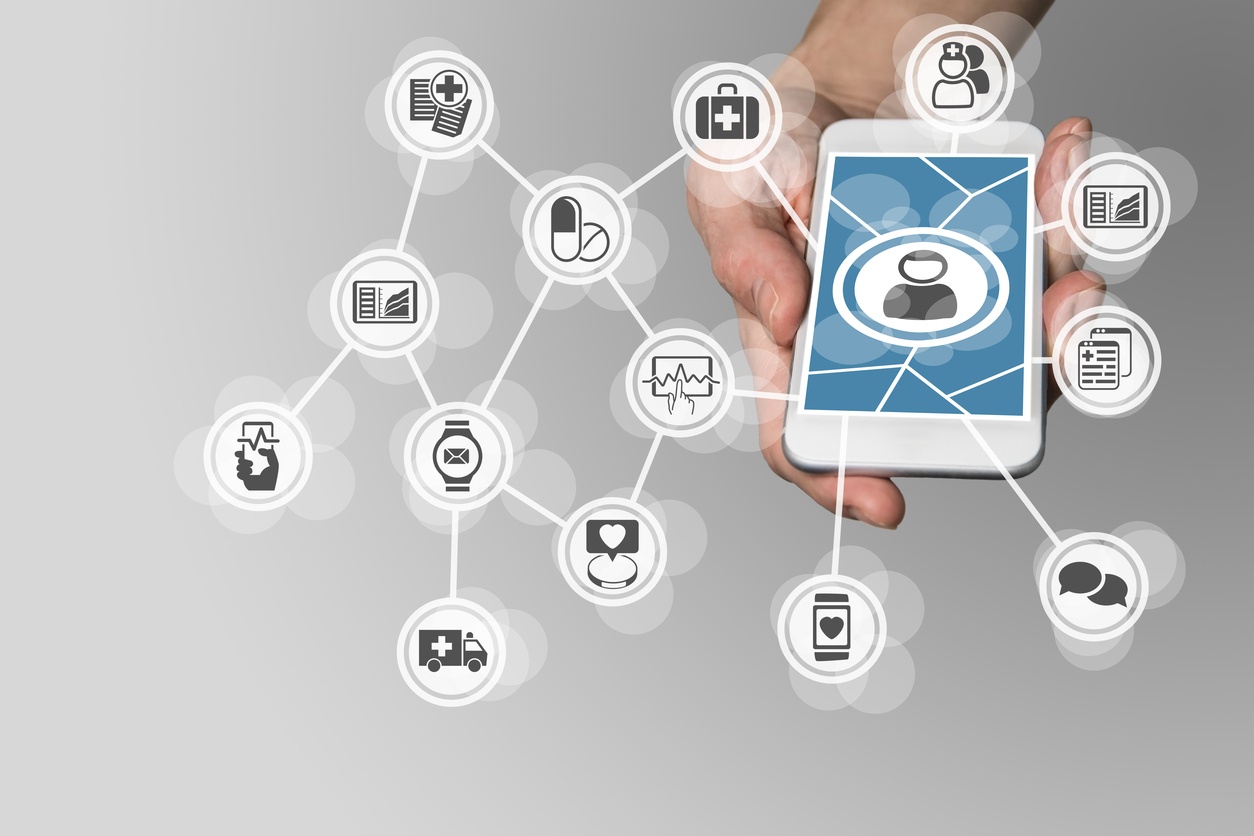What is the FDA’s Digital Health Action Plan, and What Does it Mean for Clinical Trials?

New guidelines from the FDA give clinical trials concrete recommendations on mHealth for today and confidence for the future.
Despite its reputation as a gatekeeper to innovation, the FDA acknowledges the importance of emerging health technologies. The agency has a long history of adapting its guidelines and evaluating risk to keep up with clinical decision support software and other AI technologies. Nevertheless, the approval process – even for some low-risk products – can take years. By the time new software or devices hit the market, they’re no longer on the cutting edge. Without a faster evaluation process, the FDA cannot accommodate the rapidly iterative nature of digital health technology.
In response to this need, the FDA recently released drafts of its Digital Health Innovation Action Plan (DHIAP) for comment. Once implemented, DHIAP will greatly expedite the approval process for digital health technology and eventually allow mHealth to become a fixture of clinical trial research and communication.
A Modern Plan for Modern Tech
DHIAP takes an “efficient, risk based approach” to evaluating mHealth technology with a three-part plan. First, the FDA will issue new legislation that expands regulation exemptions for certain types of software and clarifies the approval process for others, including mHealth apps, medical device data systems, medical image storage and distribution devices, and low-risk general wellness products. The FDA will also finalize guidance on when developers must submit a 510(k) for software updates to their devices, as well as clarify its role in regulating multifunctional products.
Second, the plan outlines a process for overhauling regulation of digital health in the future. The main feature is a pre-certification process that would clear certain trusted companies with a history of excellence in design, development, and validation. Pre-certified developers would then be able to market certain low-risk devices or software without additional approval from the FDA or with a streamlined review process. This change would bring the agency up to speed with the digital health innovation cycle and allow it to focus its energies on higher-risk products.
Third, DHIAP announces the FDA’s intention to invest in digital health talent throughout the regulatory process. This covers a major gap for the agency, which regularly competes with technology and pharmaceutical companies for expertise in this area. In order to streamline regulation, the FDA will need a cadre of mHealth specialists who can inform best practices for the agency and the private sector.
A Bright Future
Though DHIAP doesn’t lay out specific provisions for clinical trials, they will ultimately benefit from the outcomes of this plan. Digital health technology is still relatively new; some trials use mHealth to support secondary and exploratory endpoints, but the days of using mHealth for primary data collection are still a ways off. Therefore, clinical trials have to look ahead, both to imagine how mHealth will impact their research as well as to address critical issues like interoperability and common data elements.
Fortunately, a group of experts from the Duke Margolis Center for Health Policy, the FDA, and the private sector have already come together to develop recommendations for advancing the use of mHealth technology in clinical trials. The brief, entitled “Mobilizing mHealth Innovation for Real-World Evidence Generation,” lays out six directives for improving data collection and implementing mHealth with patient centricity in mind. Where DHIAP gives developers the green light to build better technology, the mHealth brief creates common data definitions for clinical trials and provides a fit guide to ensure that technology is actually beneficial to the trial.
The mHealth brief and DHIAP give clinical trials immediate and concrete best practices for implementing digital health technology today, as well as a vote of confidence for mHealth’s future. When implemented, DHIAP will lead to faster failures, streamlined approval, and rapid innovation, bringing clinical trials closer to the day when digital technology can replace traditional data collection methods. In the meantime, trials can continue to use mHealth technology to communicate with study participants and improve recruitment outcomes.

 Back to Blog Home
Back to Blog Home